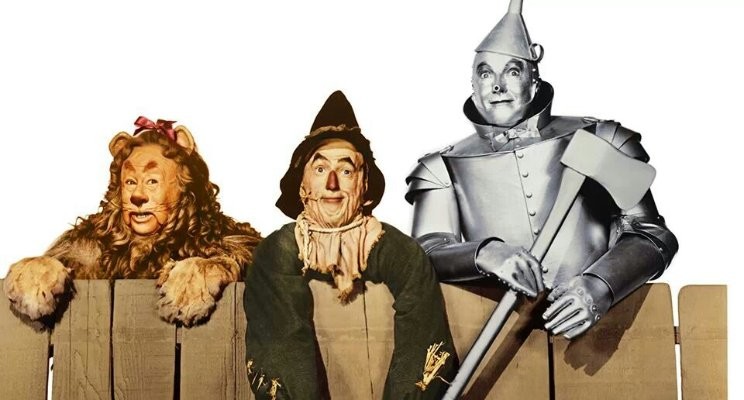
All leaders all flawed.
There I said it.
Well, to be fair we are all flawed.
Sure, leaders are under the microscope and prone to more scrutiny than others, especially in the workplace – but when it comes down to it, if you are a human being, you have flaws.
The good news is that these flaws which for the sake of this article I’m going to call weaknesses don’t have to be a bad thing. Sometimes the strongest feature of something or someone isn’t on the outside but hidden on the inside.
Some of the greatest leaders also had some of the biggest weaknesses. But it possible to turn your greatest weakness into your biggest strength?
In business, knowing your strengths and weaknesses is vital. It can be the difference between success and failure. Remember, you are only as strong as your weakest link. Most leaders identify their weaknesses and take the necessary steps to turn them into strengths which is what they should do if they want to be successful. But imagine if those weaknesses were potentially stronger than their current strengths?
The point I am looking to drive home here is that: it’s essential to one’s growth as a leader to look inside and discover what’s there around who you are – at your core.
(FYI: here’s a great article on the topic of turning your weaknesses into strengths).
Some of the greatest leaders I know would probably fail on any normal character assessment because what many constitute as “core strengths to lead”- are simply not what they use to be successful. In reality their greatest strength was their greatest weakness.
The best way to illustrate this point is to use the three characters from the famous movie The Wizard Of Oz. Each of these characters represents a type of leader and leadership quality I have found in all my years working with people at this level. I stumbled upon this brilliant summary which I used below to further illustrate this point.
The Scarecrow.
His greatest wish was to have brains for himself from the Wizard of Oz. Despite his perceived lack of brains, the Scarecrow was exceedingly intelligent and resourceful.
- Initially, left hanging on a pole, the Scarecrow lived a life totally unsuited to his strengths — he couldn’t scare crows away at all. But by Dorothy removing him from the pole gave him a chance to discover his strengths: open mindedness, perspective, curiosity, leadership, and kindness. He claimed he couldn’t make up his mind, but was able to tell Dorothy how to take him off the pole, and he was able to decide which direction to take.
The Tin Man.
He desired a heart from the Wizard of Oz. He used to be a real man and despite his belief that he lacked emotions, he proved to be a kind and sensitive man.
- He had no physical heart, but he was actually encumbered with such a soft heart that observing pain in anyone else caused him to weep and then lock up. He was always willing to use his axe in the defense of weaker ones, and he put the good of the group ahead of his own personal needs. There were times when others urged him to exercise greater self-regulation so that he could continue functioning without needing constant oiling. In the course of their adventures, he showed love and concern for all the others, and they showed love in return. He already had a heart.
The Cowardly Lion.
He claimed to be a coward and wished for the Wizard of Oz to give him courage. However, he proved to be courageous in many situations throughout the novel.
- A character whose strengths were working against each other when he is first encountered. His humility and prudence conflict with his personal ideas about valor weighed heavy on him: as a lion, he believed he should be afraid of nothing, but his good sense made him recognize danger. Unfortunately for him, this created a self-defeating vortex. The more he recognized things to be afraid of, the more cowardly he behaved physically, which mades him under-estimate his own valor a bit more, which lowered the threshold of things that made him afraid. Courage was not the absence of fear but the ability to control it. Lion’s gratitude and appreciation for beauty made him appealing to others.
Final thoughts: There are many obvious parallels between the characters in the movie and being a leader but the most important takeaway I believe is to: never doubt who you are, what you have and what you are capable of giving others. Don’t wait for your Dorothy to bring it out of you – start today and turn your weakness into your greatest strength.
The floor is yours: Can a leader lead from their weaknesses AND be successful?
With leadership,
Joshua / www.JoshHMiller.com
Please ‘Follow‘ if you would like to hear more from me in the future.
